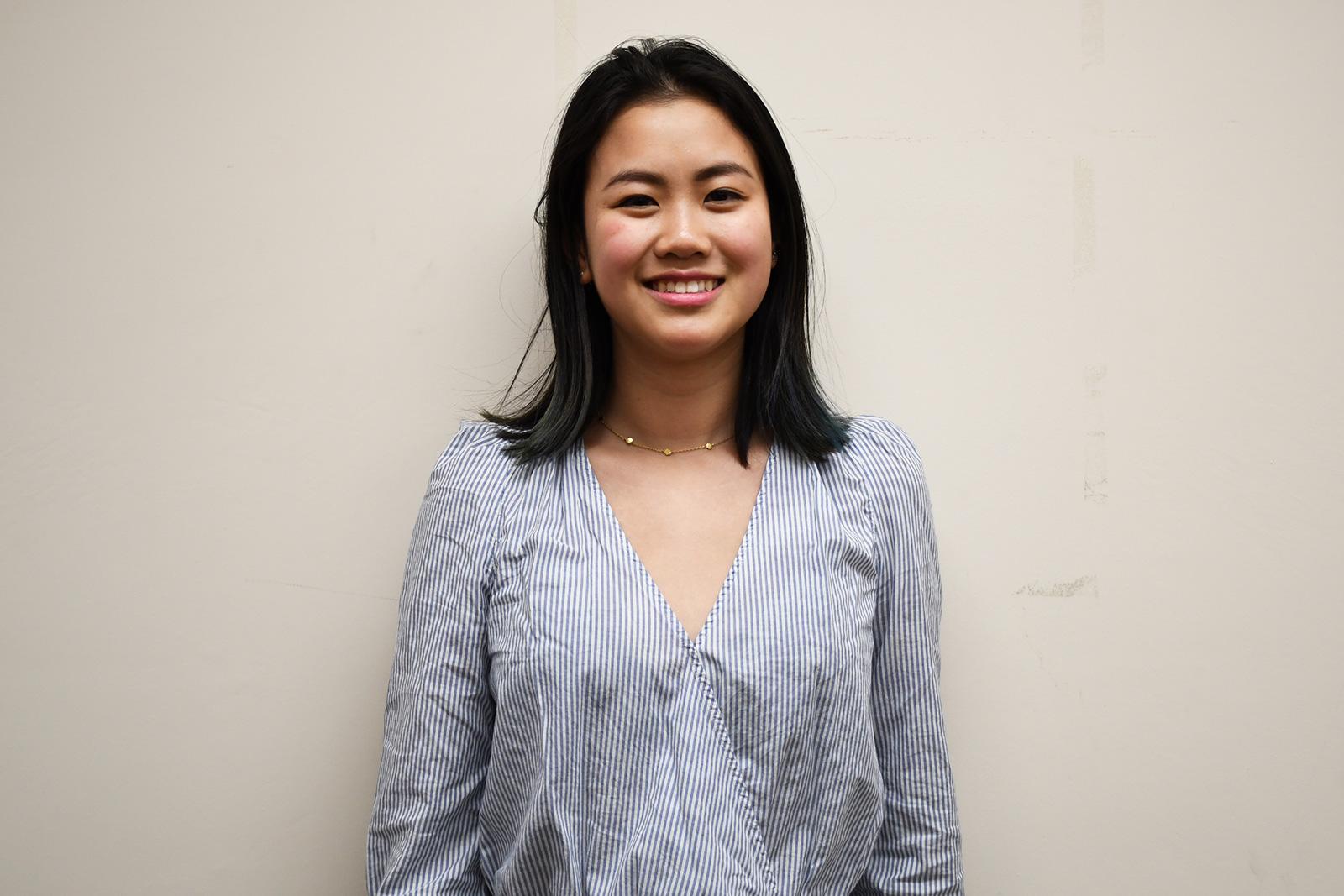Returning back home during college is an odd experience. I haven’t been away for long enough to say it feels disorienting or nostalgic. It almost feels like an extension of my childhood, as if I’ve abandoned my newly paved path into adulthood. Everything’s the same: my posters on the wall, the indented pillow from always sleeping on my right side, the living room lights that have dimmed over time, yet to be replaced.
Here, I am cushioned by my past experiences and the security of the familiar. If there wasn’t such a vast divide between my mindset today and my mindset from even a year ago, I could easily be sucked back into the person I used to be.
Though the return home hasn’t exactly been evocative, rereading my favorite childhood books certainly has. Just last week, I pulled out my Percy Jackson books from the dusty bookshelf in our second floor study. For the next two hours, I dedicated myself to consuming Rick Riordan’s “The Lightning Thief” with the single-minded focus of my middle school, bookworm self.
I’m going to be honest. This is probably the fourth time I’ve reread the series. But each time I revisit the books, I feel slightly different, therefore my experience and relationship with them are, too.
It’s the same as with memories: the act of remembering changes the memory itself. In this case, the act of rereading changes the way I view the books.
I’ll always have my 10-year-old self, burrowed away in some corner of the public library’s children’s section, voraciously reading for the funny quips, the captivating world of Greek mythology and Percy Jackson, who I had an intense crush on. Or the 13-year-old me who made my own “Camp Half-Blood” T-shirt and painstakingly cured clay beads for the necklace — just in time for the release of “The Blood of Olympus” at Barnes and Nobles.
But now, rereading allows me the space and opportunity to rediscover myself and the love of reading that has been swept away in the bustle of everyday life. The series isn’t just about Percy Jackson, it’s also about me.
Books have always been a refuge for me, an escape into the idealism or fanaticism of new worlds and adventures, all neatly wrapped up with hardly any loose ends. Childhood books especially, nostalgia clinging to their pages, have a certain indescribable quality about them.
Revisiting nostalgic favorites provides us with comfort. We’re returning to what’s familiar and what’s constant in our lives. They serve as not only a refuge, but also an anchor and a place to decompress or reflect. This experience, known as volitional reconsumption and established in a journal by the Oxford Academic, has been shown to “enable an active synthesis of time and promote self-reflexivity,” as well as to provide an “enhanced awareness of their own growth in understanding and appreciation through the lens of the reconsumption object.”
As former President of South Africa Nelson Mandela once said, “There is nothing like returning to a place that remains unchanged to find the ways in which you yourself have altered.” By returning to this fixed point in our lives, a favorite book, we can compare who we are now with who we were when we last read it. The similarities and discrepancies we come across mark our growth and allow us to appreciate our own history.
Although they’re constant and unchanged, these books aren’t stagnant. As I’ve found with rereadings, there are always more complexities and nuances to uncover, new interpretations to contend with.
This is partly why youth books, despite being catered to a younger audience, are still valuable to adults. More often than not, they’re dismissed as too juvenile to be a tasteful read. Yet, even though the messages might be packaged in simpler, more digestible formats, that doesn’t mean that they’re any less meaningful.
In my last rereading of Percy Jackson’s“The Lightning Thief,” I came across the line, “If my life is going to mean anything, I have to live it myself.” As a child, I brushed past this seemingly insignificant line, hurrying onto shinier, action-packed scenes. But as an adult, I needed this reminder.
To this day, Riordan’s books stay with me. They hold as true as any book deemed for adults would and as any classical Greek mythology has.
Julie Beck writes in The Atlantic, “Everyone still has gaps between who they are and who they could be. To help close those gaps, we could stand [to] be reminded now and again of the elemental truths that we first encountered as teenagers. If reading YA as adults makes us feel older and wiser than the characters, if we remember but don’t relate to the people we used to be, it is only an illustration of our capacity for change.”
While some adults may treat revisiting children’s literature with condescension or contempt, to me, it’s a reflection of your growth and a reminder of these truths: what you once held close to your heart and what you may need again in your life.

























































































































